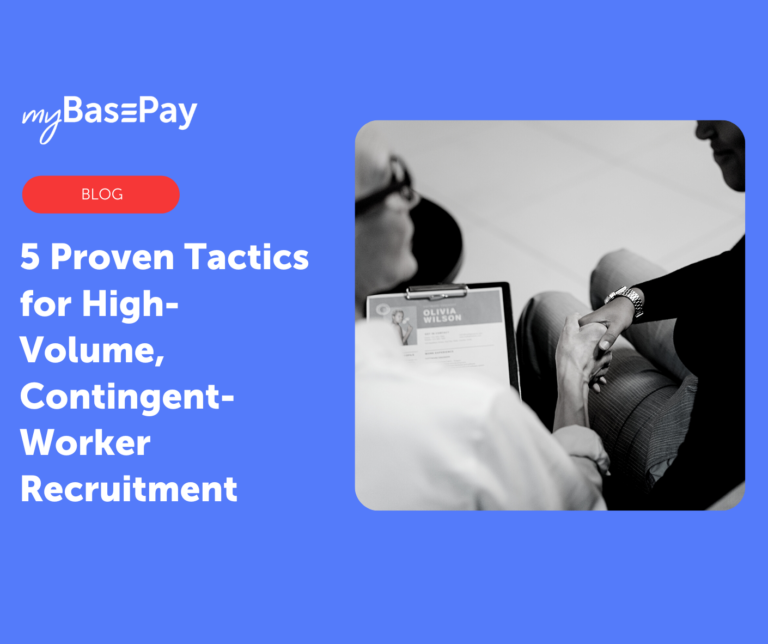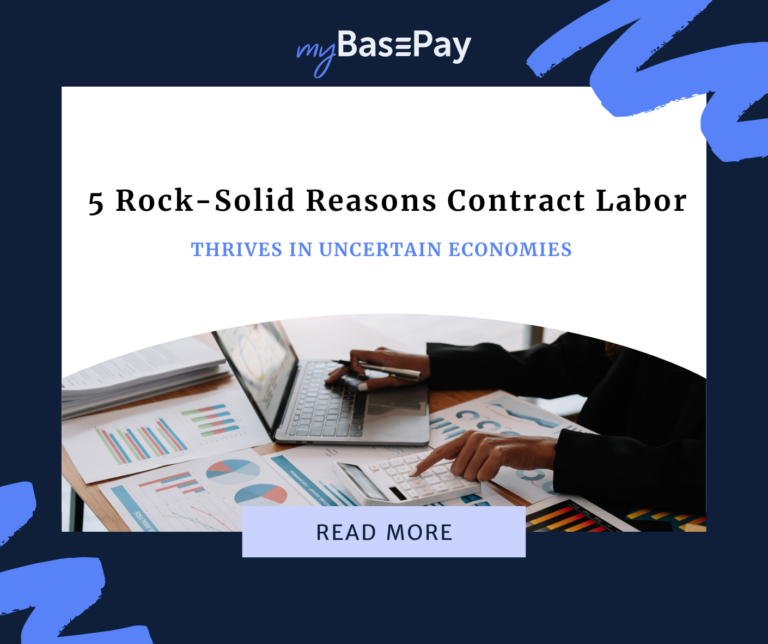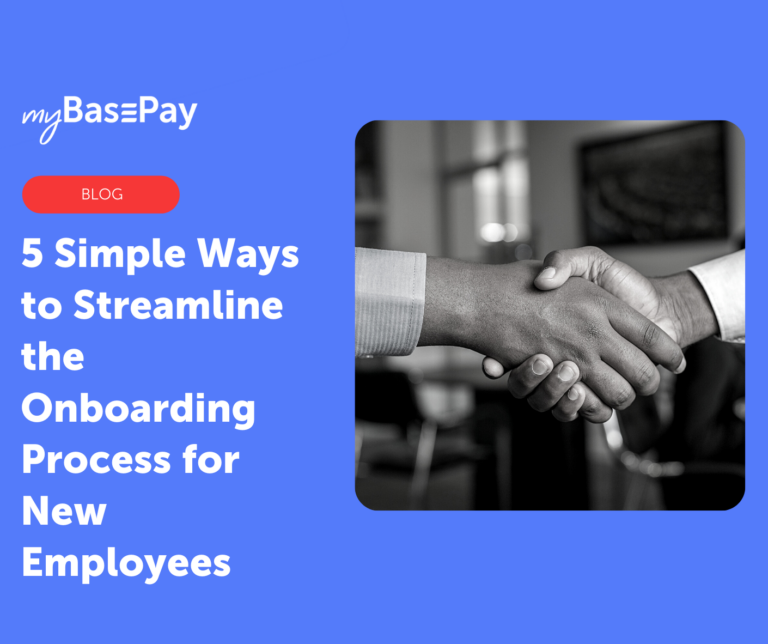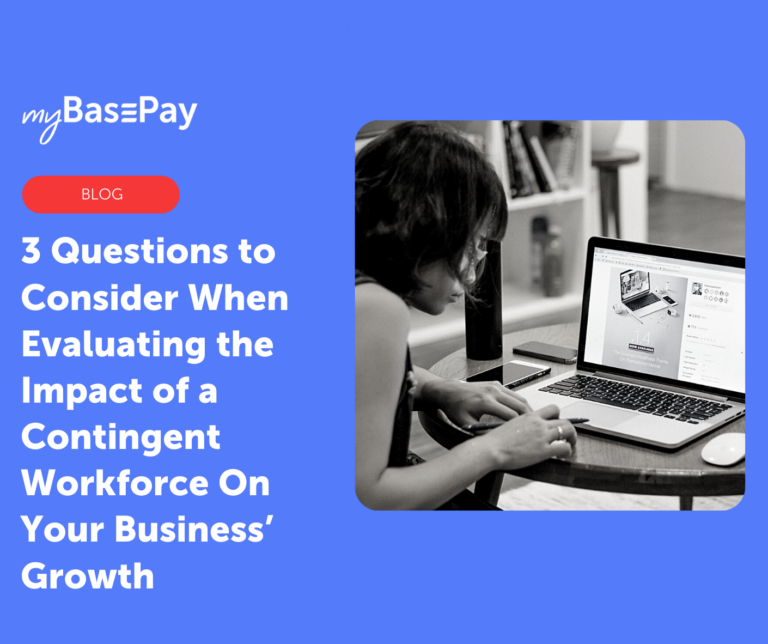6 Tell-Tale Characteristics of a Quality, Game-Changing Contingent Worker
In recent years, there’s been a significant shift in the way companies hire employees for their workforce. The traditional methods of conducting business through brick-and-mortar offices full of permanent employees are gone. Now, contractors, freelancers, consultants, and other contingent workers have experienced a rapid increase in demand.
These types of workers are typically hired on a non-permanent basis to complete the repetitive, meticulous tasks or projects that are crucial to a company’s operations. According to the Bureau of Labor Statistics, as much as 40% of the U.S. workforce is considered contingent. Over the next five years, this number is expected to increase to 50%.
With the trend of contingent workforces rising with no end in sight, it might be time for your company to get ahead of the competition and start acquiring contingent workers now.
To help you in your search, here are six key characteristics to look for in your candidates.
1. Flexibility
This characteristic is one of the main reasons companies choose to employ contingent workers. While full-time employees work a standard 9-5 shift in an office, a contingent worker has the benefit of being able to work anywhere, anytime.
This is why many contingent workers are also referred to as “gap fillers,” seeing as they can temporarily fill in the gaps of time to complete a project that would otherwise demand the attention of your in-house employees.
Especially for a growing company, there are bound to be periods of increased numbers of projects or new tasks that arise. Hiring a contingent worker allows the quick completion of these short-term projects, while your full-time salaried employees can focus on the more important, core company tasks.
When interviewing your contingent candidates, be sure to look for this flexibility. Those who possess a willingness to adjust schedules and times according to your company’s demands will prove to be the most valuable.
2. Industry Knowledge and Skills
Just as your employees must possess a specific set of skills to be hired, so should your contingent workers. Even if you’re looking for a candidate to fulfill the smallest, most menial task, they should still have the sufficient industry knowledge and expertise to effectively do so.
Full-time employees typically have expertise in one area specific to their career. However, the benefit of contingent workers is that they offer a wider range of unique and highly specialized skills to cover various bases.
Not only does this help you cover any shortcomings in your workforce’s skills, but it also gives your company a competitive edge. With access to niche skill sets, your business can benefit from a new, professional, and experienced outlook that has likely worked with other companies in your field.
So, as you search through the pool of contingent candidates, pay close attention to any unique skillsets or knowledge that might be beneficial to your company.
3. Detail-Oriented
Since contingent workers are required to focus primarily on meticulous, repetitive tasks, it’s crucial to recruit a candidate with a detail-oriented approach. Even though the tasks might be deemed boring or low-status, each assignment or project should be completed as flawlessly as possible.
This means every project they submit should contain little to no errors before moving on to the next task. A professional, detail-oriented worker will ensure all projects are prioritized — no matter how big or small — and look for better ways to constantly finish their task efficiently.
In any company, no responsibility should be deemed unimportant — everyone has a part to play, and that includes your non-permanent workforce.
Throughout the interview process with each candidate, be mindful of what a detail-oriented worker looks like. Have they shown up on time for their interview? Are they organized? Do they notice and fix mistakes easily? Do they follow a similar daily routine — even down to the most minute details?
Depending on your company’s needs, this type of detail-oriented candidate might manifest in different forms. Nonetheless, it can be a game-changing quality to possess within your workforce.
4. Quality Communication Skills
Communication style is an essential quality to look for in a contingent candidate. Someone who seeks to understand, proactively listens, and is careful and concise in their response shows they not only possess quality communication skills but genuinely strive to learn about their role in the company.
Though you might be hiring for a small project, contingent workers should not place any less importance on their responsibility to communicate effectively with company executives. Traits like patience, respect, empathy, and confidence can be evidence of this high-quality communication.
Especially for non-permanent workers, consistent communication is crucial to successful project completion and delivery. Both your full-time and contingent workforces must be able to join together and collaborate, regardless of their job title or status. Ensuring your new contingent worker possesses the ability to effectively communicate can help you achieve those goals.
5. Desire to Understand Company Goals
Whether it’s brief design work or copywriting, a contingent worker’s understanding of your company brand, core values, and goals should be a key consideration.
As we stated earlier, hiring a worker with sufficient industry knowledge is crucial — but it shouldn’t end there. When a worker understands who you are as a company, they can deliver more precise outcomes for your clients and customers and better work that matches the rest of your product and marketing.
6. Company Commitment and Loyalty
Some contingent workers may simply be looking for a short-term project to fulfill so they can quickly move on to the next best thing. But you shouldn’t be swayed to hire this type of employee.
A quality contingent worker should possess a strong sense of loyalty to their company, no matter how short their time of employment is. These professionals will offer a higher level of trust and respect, which may prove to be a long-term benefit, as well.
Not all temporary workers are hoping to stay that way. If a particular contingent hire exhibits commitment and loyalty to your brand, they may be seeking a more permanent position within your company, which can be a significant advantage for your business, should the time come.
Author: Cesar Jimenez, myBasePay CEO
Cesar A. Jimenez is an entrepreneur, investor, and military veteran with over 25 years of staffing industry expertise successfully leading technology staffing organizations. His expertise in the IT industry allows him to use his experience as a thought leader for talent acquisition, staffing, IT, and recruitment technologies with a passion for contingent workforce solutions. Cesar has held various leadership roles for both a global staffing organization and technology solutions companies. This expertise has enabled him to develop alternative workforce models that provide the agility for organizations to be competitive in today’s marketplace. In his spare time, he enjoys spending time with hisfamily, working out, and coaching high school baseball players.






